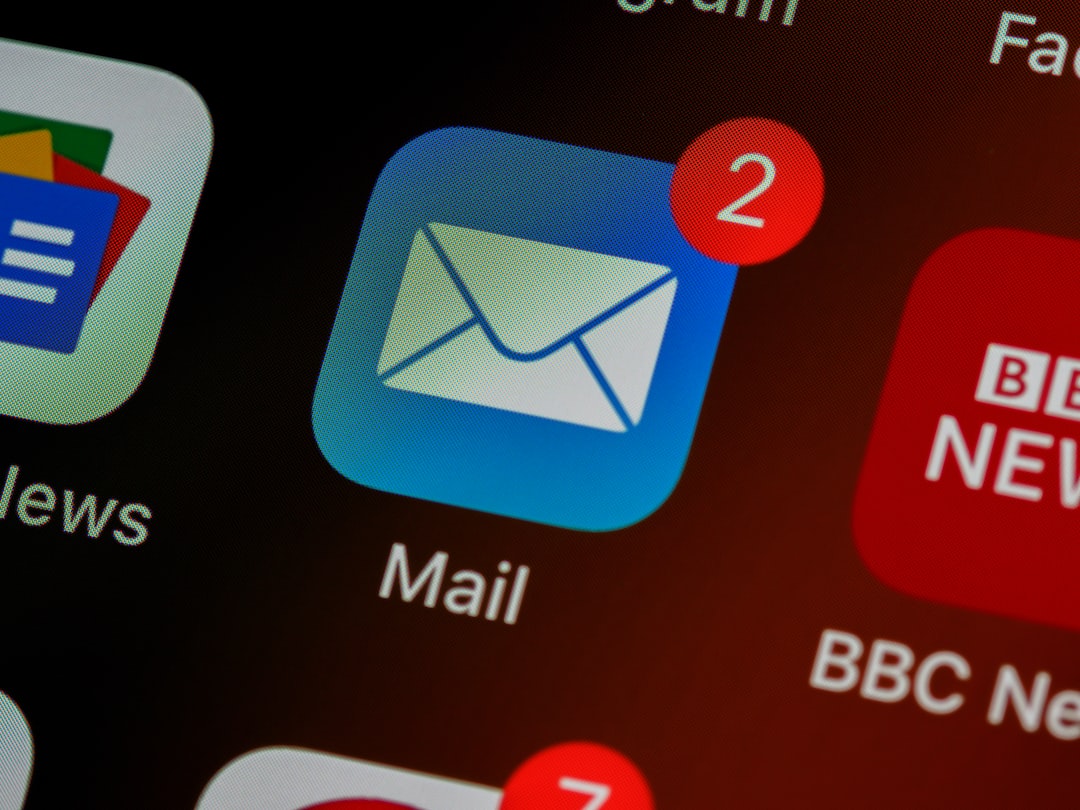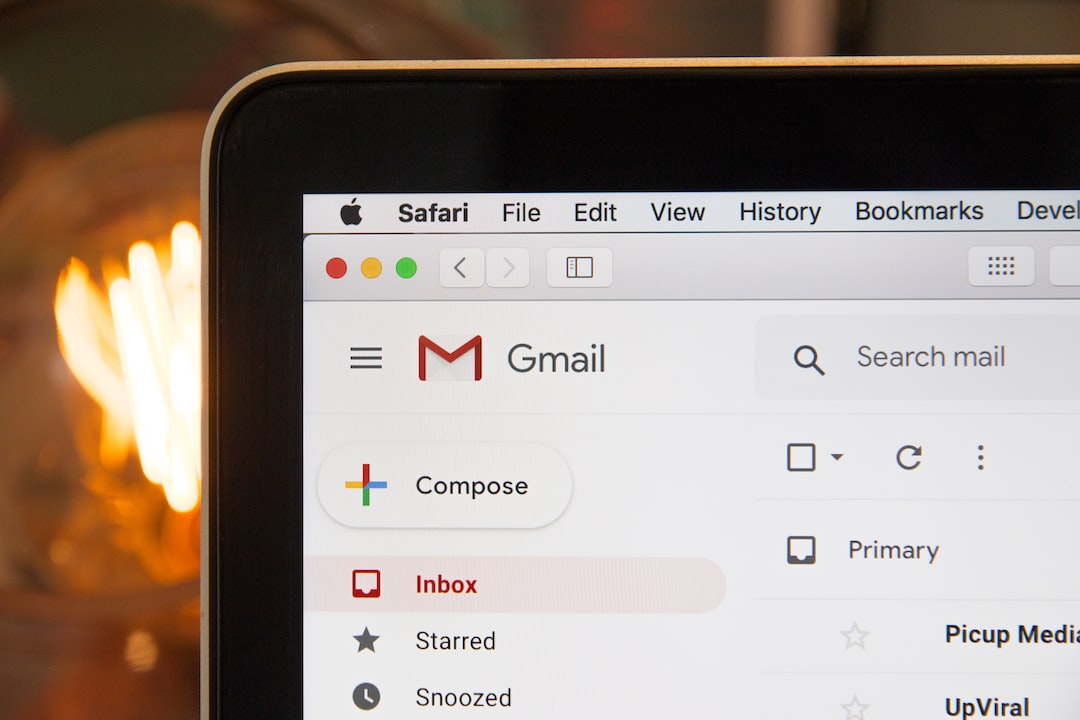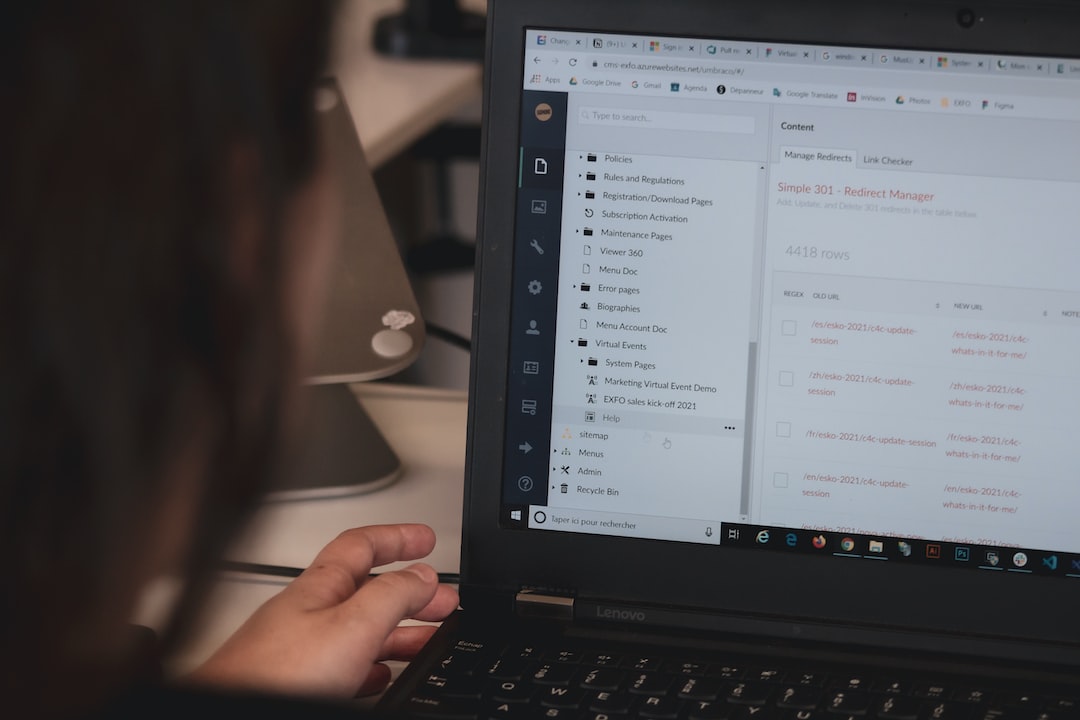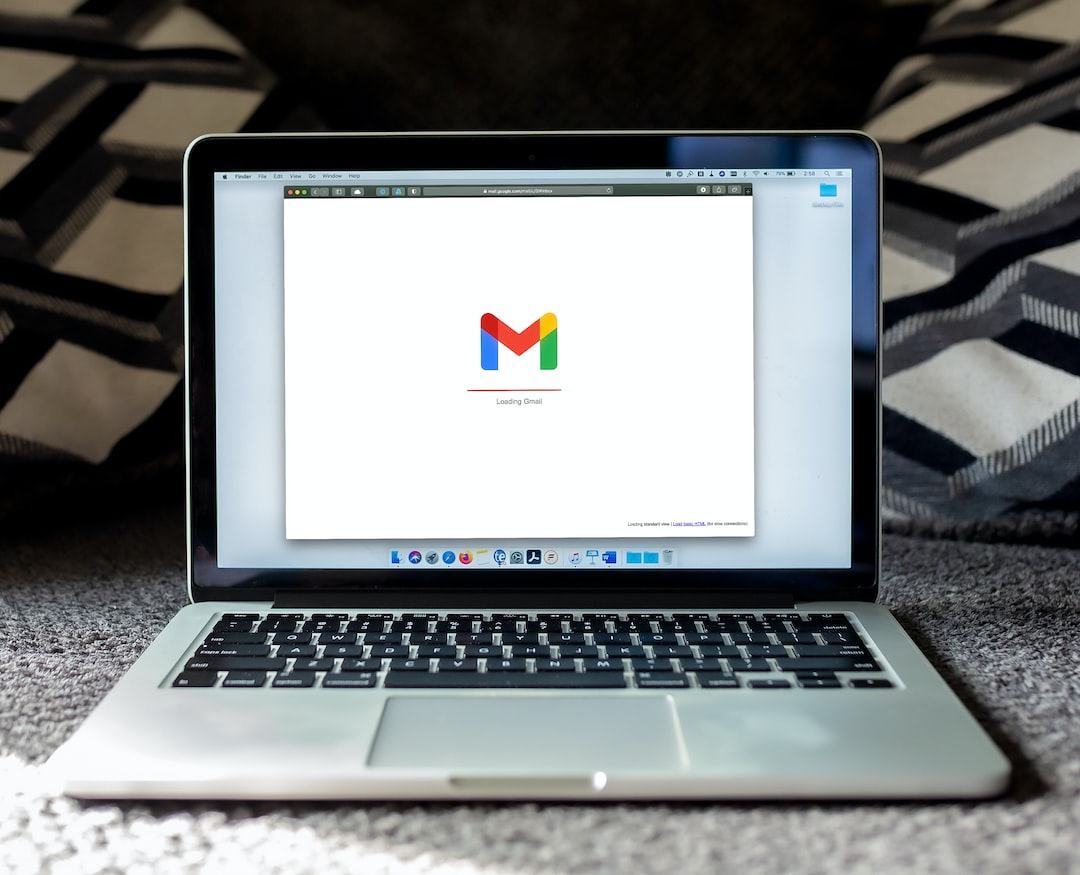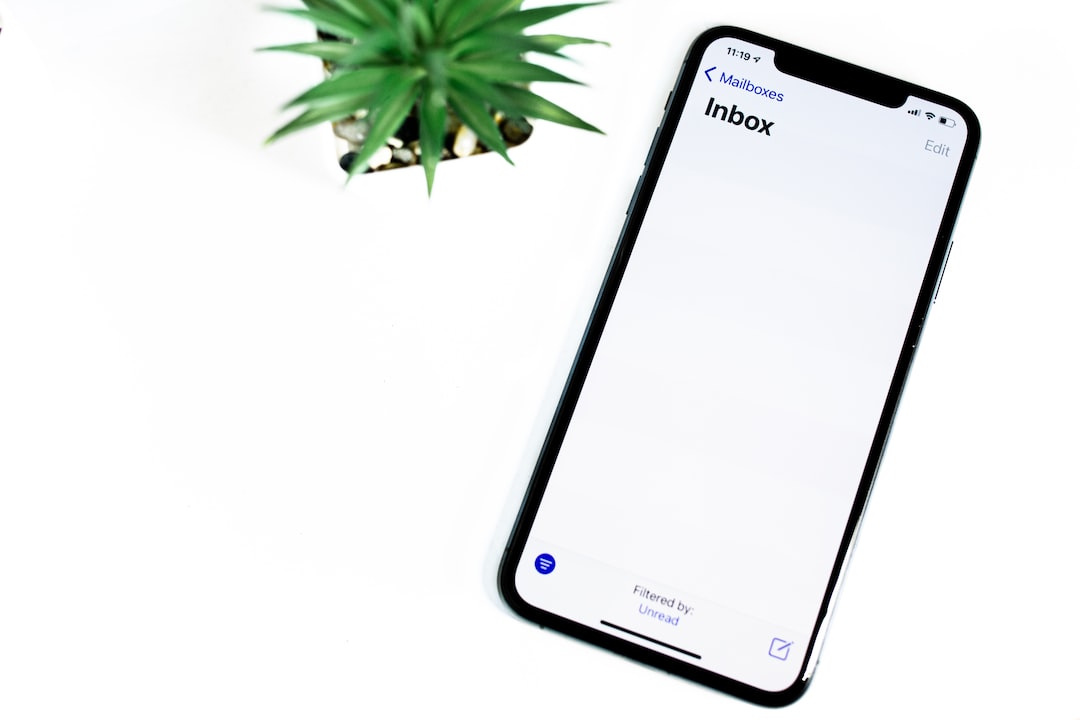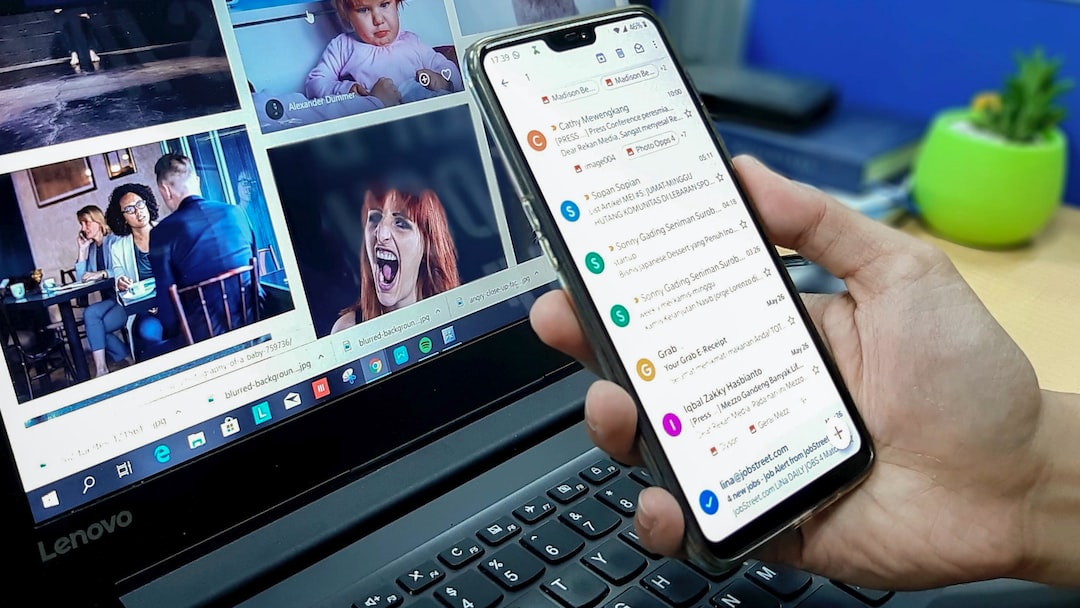The Top 10 Most Common Workplace Distractions And How To Handle Them
The Top 10 Most Common Workplace Distractions And How To Handle Them
1. Emails
With the digital age in full swing, the modern workplace is more distracting than ever before. From the constant ping of email notifications to the lure of social media, there are a myriad of distractions that can pull our attention away from work. According to a recent study, the average worker is interrupted or changes tasks every three minutes and five seconds.
While some distractions are impossible to avoid, there are many that we can control. To help you boost your productivity and focus at work, we’ve compiled a list of the top 10 most common workplace distractions and how to handle them.
https://unsplash.com/ja/@brett_jordan
2. Gossip
Gossip is a common workplace distraction that can have a negative impact on morale and productivity. Gossip can appear both online and in person, and while it may seem harmless, it can portend a lot of problems. Not only can gossip spread inaccurate information, but it can also create an overall sense of unease, animosity, distrust, and even fear.
The best way to handle gossip is to take the high road. Refuse to participate in or spread any gossip that may arise, and choose instead to focus on the positive aspects of whatever situation is occurring. You should also let your peers know that you don’t appreciate gossip and that you expect everyone to maintain a professional workplace. Finally, if it becomes necessary, make sure to address any specific cases of gossip directly with those involved.
https://unsplash.com/es/@hostreviews
3. Social Media
Social media distractions have been on the rise in the workplace, as more and more people have access to their personal devices. This can be one of the most difficult distractions to manage, as people become so engrossed in their phones that they forget that they are at work.
The best way to handle this issue is to implement a policy where employees are encouraged to keep their phones and other devices out of sight while they are working. This can mean that employees are only allowed to use certain apps, such as Slack, Zoom, or other work-focus apps, while they are at their desk. Additionally, having a strict policy in place for when and where employees can use their devices can be beneficial, so that there is no ambiguity about the rules. This will also help to keep employees focused on their work.
https://unsplash.com/@sigmund
4.meetings
Meetings are an essential part of any organization, but they can be a huge distraction if they drag on for too long or don’t have a clear agenda. To make sure your meetings aren’t a distraction, it’s important to set clear expectations and objectives before the meeting, and a timeline for when you want to get through each agenda item.
You should also let your team know ahead of time what discussion topics will be discussed and what decisions need to be made. This way, everyone can come to the meeting informed and prepared to reach a successful outcome. Additionally, you should ensure that everyone has the chance to participate, and encourage open and honest communication during the meeting.
Finally, make sure that the meeting ends on time and that decisions have been made. Clear up any follow-up items as soon as the meeting ends to prevent the need for further discussions. If your office routinely holds long meetings with no clear resolutions, it’s time to make a change and reclaim some valuable working time.
https://unsplash.com/@solenfeyissa
5. Office politics
Office politics can be a major source of distraction and downtime for employees. Office politics refers to the competitive behavior between coworkers to undermine each other and gain favor with supervisors or colleagues. While there is nothing inherently wrong with a bit of healthy competition, office politics can quickly become a major distraction.
To tackle office politics, it is important to ensure that everyone has an equal opportunity to contribute, and that everyone is heard regardless of their title or position in the company. By creating a supportive and inclusive culture, it helps to reduce any negative effects of office politics.
You should also clearly define your expectations about appropriate conduct in the office. This can help set boundaries for office politics and discourage any negative behaviors. It is also important to practice good communication and decision-making to ensure that everyone has a voice in the decision-making process.
Finally, make sure that supervisors are keeping a close eye on office politics and intervening when necessary. By doing this, you can effectively reduce the effects of office politics and create a distraction-free workplace.
https://unsplash.com/@solenfeyissa
6. Perfectionism
Perfectionism is another one of the top 10 most common workplace distractions, as it can lead to endless hours spent on projects and tasks in an attempt to get them as close to perfection as possible.
When an employee is a perfectionist, they may find it difficult to move away from a project until it is perfect. This can lead to decreased productivity and even burnout. To handle perfectionism in the workplace, it is important to set realistic expectations and encourage employees to focus on the process rather than the final outcome.
Encourage employees to take breaks during task completion so that they don’t get too consumed in the task. It’s also important for managers to timely and accurately provide feedback about projects so that employees don’t feel the need to double-check every single task. Provide regular and honest feedback about projects so that employees can improve their work without feeling like perfectionism is necessary.
Setting realistic expectations and embracing mistakes can help to reduce the effects of perfectionism in the workplace and promote higher productivity.
https://unsplash.com/es/@brookecagle
7. Inadequate preparation
One of the most common workplace distractions is inadequate preparation. This can be due to a number of reasons, including lack of knowledge or experience. A lack of preparation can lead to longer project completion times and can impact the quality of the work.
To combat inadequate preparation, teams should focus on creating an environment that encourages knowledge sharing. This means providing employees with the tools they need to succeed and encouraging them to ask questions and learn from each other. Managers should also set clear expectations and project scope so that everyone on the team is aware of what needs to be done and how long it should take.
It is also important to provide employees with the training they need to accomplish their tasks. Investing in your team means providing them with the skills and knowledge to do their tasks efficiently and to the highest standard. Training and resources should be made easily accessible, and employees should be encouraged to use them. This will help reduce the time spent on tasks due to inadequate preparation.
https://unsplash.com/@firmbee
8. Multitasking
Multitasking is another common workplace distraction that can have a major impact on productivity. Multitasking occurs when an employee is trying to do two or more tasks at once and is not focusing on any of them. This often leads to delays in completion of tasks and can also lead to errors and mistakes.
The best way to combat multitasking is to create an environment that encourages focus and limits distractions. This includes minimizing noise and other distractions and giving employees the tools they need to focus on a single task at a time. Managers should also set realistic deadlines, so that employees are not overwhelmed and attempting to complete tasks in unrealistic time frames.
Creating a to-do list is also a great way to keep employees on-task and to make sure no task is left unfinished. This ensures a more organized approach and will allow employees to stay focused and prioritize tasks. Providing clear expectations and guidelines will help employees focus on completing tasks before they move on to the next one.
https://unsplash.com/@kaitlynbaker
9. Disorganization
Organisation is an important aspect of workplace productivity. Disorganization in a workplace can lead to various distractions for employees, leading to delays and mistakes in tasks.
To prevent disorganization from becoming a distraction, managers should encourage employees to be more organized. This can be done by providing guidelines and specific instructions for how tasks should be organised and carried out. Managers should also provide sufficient resources for organising tasks, such as a calendar for project planning, to-do lists, and appropriate filing systems.
Organizing tasks and providing adequate resources will help ensure that employees can stay focused and on-task. Managers should also be mindful of the workload they give to their employees, ensuring that tasks are not given too quickly or overwhelmed. By providing clear expectations and guidelines, employees will be better equipped to complete their tasks in an orderly and organized manner.
https://unsplash.com/ja/@yogasdesign
10.Lack of focus
If employees experience difficulty in maintaining focus on their tasks, it can be a huge distraction. Many issues can contribute to a lack of focus in the workplace. It could be related to physical work environment, lack of support from supervisors, or technological distractions.
It is important to identify the causes of lack of focus, and address it accordingly. To address this, managers should arrange team building activities and promote camaraderie among the employees. Also, providing incentives and recognition to those who perform well help in boosting workplace morale.
Managers need to assess the causes of distraction and identify those that can be avoided or improved. Setting up healthy goals and providing each employee with clear expectations for the day helps in staying focused and organized. Managers should also be mindful of allowing “time off” from work to help in regaining refocusing and avoiding burnout.
For any question, please contact us in OpenTimeClock.com. https://www.opentimeclock.com.
Created with the Personal Edition of HelpNDoc: Free Qt Help documentation generator
